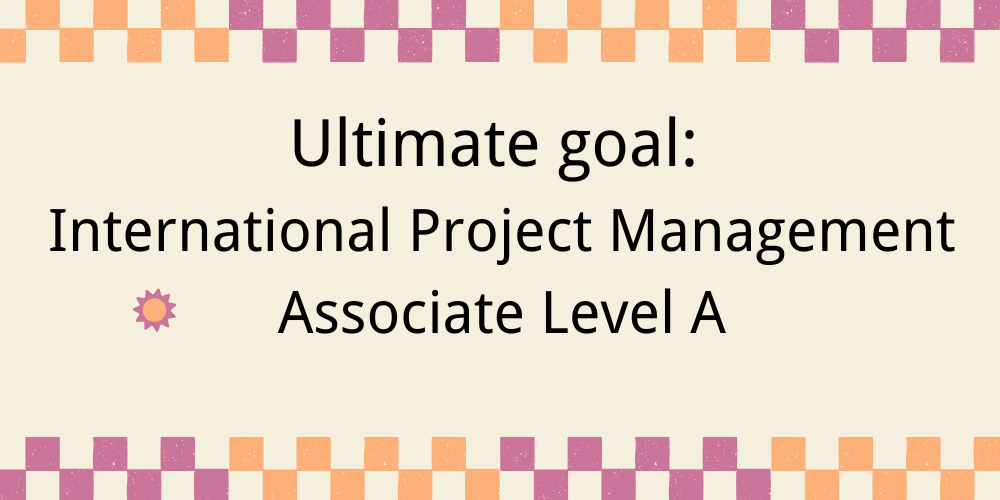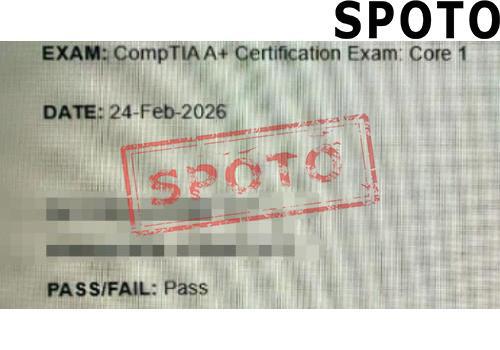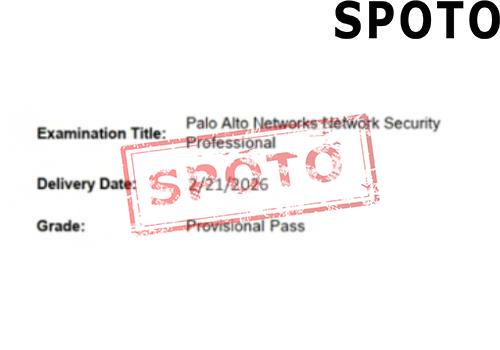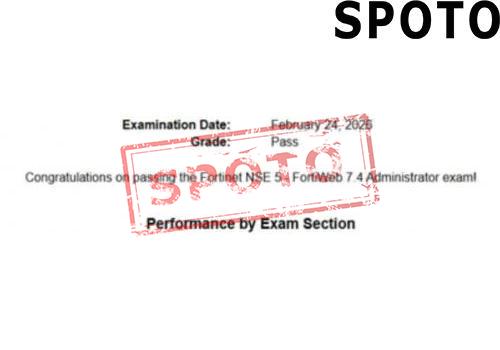
Table of Contents
Curious about International Project Management Associate Level A (IPMA Level A)? Discover its components, requirements, and why this global project management credential matters.
1. What is IPMA Level A?
The International Project Management Associate Level A (IPMA Level A) is the highest level in the four-level project management certification system offered by the International Project Management Association (IPMA). Representing the pinnacle of professionalism in project management, it verifies the holder's leadership, strategic planning, and overall control capabilities for strategic-level program portfolios and large, complex programs. It is considered the pinnacle of global project management expertise.
IPMA Level A focuses on strategic project governance and leadership, transcending the management of individual projects to emphasize achieving organizational strategic goals through project portfolio management in complex business environments. It requires the holder to demonstrate comprehensive capabilities from strategy formulation to implementation, including identifying strategic opportunities, mobilizing resources globally, strategically managing risks, collaborating across organizations, and driving organizational change. It serves as a testament to the competence of senior project decision-makers.
2. What abilities does the IPMA Level A certification require?
The competency requirements of IPMA Level A are based on the IPMA International Project Management Competency Benchmark (ICB 4.0), but focus on strategic vision and leadership. The certificate holder needs to have the ability of strategic planning and project portfolio management. Based on the strategic goals of the organization, plan the priorities of the project portfolio, ensure that resources are tilted towards the core strategy, design the project portfolio governance framework, monitor the consistency of the overall performance of the portfolio with the strategic goals, and have the leadership of complex project groups. You can lead large multinational or cross-organizational project groups and coordinate many stakeholders such as the board of directors, investors, cross-departmental teams, and external partners.
Build a high-performance project group team, promote organizational change and culture shaping, Manage global risks and stakeholders, identify and control strategic risks, formulate long-term risk response strategies, manage the expectations of senior stakeholders, and handle complex conflicts of interest and crisis public relations. These are also skills that IPMA Level A certificate holders should master.
IPMA Level A also requires certificate holders to evaluate and optimize the organization's project management system, formulate standardized processes, and introduce maturity models to improve overall project management capabilities and promote the precipitation and inheritance of project management knowledge. The certificate holder himself must have a high level of business acumen and sustainable development awareness, and be able to adjust project portfolio strategies to adapt to changes in the business environment based on industry trends and market dynamics, incorporate sustainable development goals such as ESG indicators into project portfolio decisions, and balance short-term benefits and long-term value.
3. Benefits of obtaining International Project Management Associate Level A
IPMA Level A is the internationally recognized highest project management qualification, with fewer than 1,000 holders worldwide. It is the ultimate testament to one's professional standing, providing unparalleled competitiveness in cross-border collaborations and senior-level positions. It is a golden standard in the global project management community and a key certification for multinational companies seeking to lead global project leaders.
The IPMA Level A certification process validates the holder's ability to translate organizational strategy into project outcomes, providing confidence in their leadership of major strategic projects. It is particularly well-suited for large-scale projects involving international collaboration.
Certificates often become members of IPMA's international juries or industry leaders, participating in the development of global project management standards. They possess significant industry influence and voice, helping to shape the direction of industry development.
For companies, holding a Level A certificate significantly enhances their credibility in international project collaborations, increases their organizational value, strengthens their credentials in government bidding and cross-border mergers and acquisitions, and strengthens their competitiveness in complex projects.
4. IPMA Level A vs PMI PgMP
IPMA Level A and PMI PgMP are the most authoritative advanced certifications in the field of global project management, but there are significant differences between the two in terms of certification system, positioning, competency requirements and applicable scenarios.
IPMA Level A belongs to the four-level certification system of the International Project Management Association IPMA and is the highest level of the system. Its competency framework is based on the IPMA International Project Management Competency Benchmark (ICB 4.0), emphasizing "competency orientation" and focusing on the comprehensive capabilities of individuals in complex environments rather than simple processes or tools. PMI PgMP belongs to the certification system of the American Project Management Institute PMI and complements PMP and PfMP. Its framework is based on the project group management standard and PGMOK, emphasizing "process orientation," focusing on standardized project group management processes and alignment with organizational strategies.
IPMA Level A is the highest leadership certification for strategic-level project portfolios and large and complex project groups. It goes beyond single project group management and focuses on organizational strategy implementation, global resource allocation and cross-organizational change. PMI PgMP focuses on professional management certification at the project group level, focusing on achieving organizational strategic goals and benefits through coordinating interrelated projects. A project program is "a group of interrelated projects managed in a coordinated manner to achieve benefits not achievable through individual management."
IPMA Level A is the ultimate certification of individual strategic leadership, with fewer than 1,000 holders worldwide. It symbolizes the pinnacle of project management expertise, demonstrating "global leadership in managing a strategically complex portfolio of projects and driving organizational change." The PMI PgMP is a standardized credential for professional competence in project program management, with tens of thousands of holders worldwide. Its core value lies in demonstrating "professional ability to manage complex project programs through standardized processes and achieve strategic benefits."
5. Alternative certifications like IPMA Level A
- CSPM-5
- Chartered Project Professional (ChPP)
- Program Portfolio Management Professional (PfMP)










